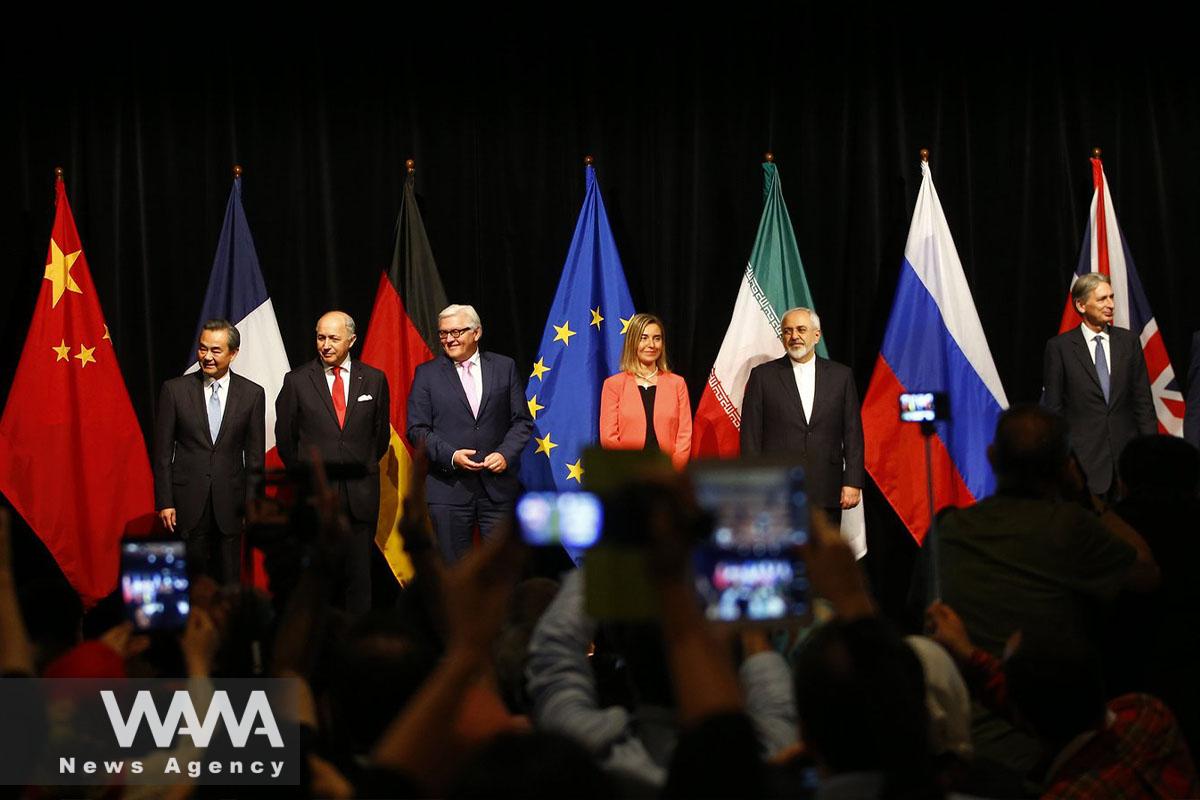Sullivan Acknowledges: Iran Has Not Pursued Nuclear Weapons
WANA (July 20) – In a statement to the Associated Press, Jake Sullivan emphasized that there has been no decision from Iran to move towards building nuclear weapons.
Speaking to reporters at the Aspen Security Forum, Sullivan warned, “If they start moving in that direction, they will have a serious problem with the United States.”
Sullivan noted an increase in public comments from Iranian officials about the possibility of developing nuclear weapons, particularly since the reciprocal attacks between Iran and Israel. “This new rhetoric has caught our attention,” he added.
U.S. Secretary of State Antony Blinken, also present at the security forum, reiterated that Washington prefers a diplomatic solution to the Iranian nuclear issue. He criticized the previous U.S. administration’s withdrawal from the JCPOA (Joint Comprehensive Plan of Action), stating, “Since President Joe Biden took office, we have been trying to re-engage in nuclear diplomacy with Iran because if we can eliminate at least one problem – that Iran does not have nuclear weapons – it is fundamentally a good thing.”
Blinken reaffirmed that Iran has not produced a nuclear weapon but repeated previous U.S. claims that Iran could potentially achieve this capability within a matter of weeks. “The U.S. will not allow Iran to acquire nuclear weapons, but we still prefer the diplomatic path to prevent this,” he stated.
Following the unilateral U.S. withdrawal from the JCPOA in 2018, Iran activated the dispute resolution mechanism within the framework of the JCPOA Joint Commission at the foreign minister level of the remaining members of the agreement. This meeting resulted in the issuance of 11 commitments by the JCPOA parties to compensate for the economic damages caused by the U.S.
unilateral action. However, the unbalanced implementation of the agreement and the pressures from the re-imposition and intensification of unilateral U.S. sanctions led Iran’s Supreme National Security Council to decide to gradually halt voluntary nuclear commitments, providing 60-day intervals for diplomacy.

Wana – Nuclear deal negotiators pose for a photo
For a year following the U.S. exit from the JCPOA, Iran adhered to all its commitments under the agreement, giving European countries the chance to compensate for the U.S. withdrawal. However, as European countries failed to fulfill their promises, Iran gradually reduced its commitments under the JCPOA by the terms of the nuclear agreement.
The Democratic administration of Joe Biden, which came to power in January 2021, condemned the former U.S. administration’s unilateral exit from the JCPOA but continued the maximum pressure policies of Donald Trump. Despite claiming a preference for diplomacy, the White House has shown a lack of commitment to rejoining the JCPOA and reversing Trump’s failed policies against Iran.
Iran, as a responsible nation, has always expressed readiness to reach a stable and reliable agreement that ensures the lifting of sanctions in a guaranteed manner and prevents any future use of pressure tactics against Iran.
Rafael Grossi, Director General of the International Atomic Energy Agency (IAEA), recently acknowledged that the optimal level of inspections of Iran’s nuclear sites is agreed upon in the JCPOA. Iranian officials also emphasize that Grossi can play a significant role in removing obstacles, which are mainly political, to fully resume the JCPOA’s implementation.












